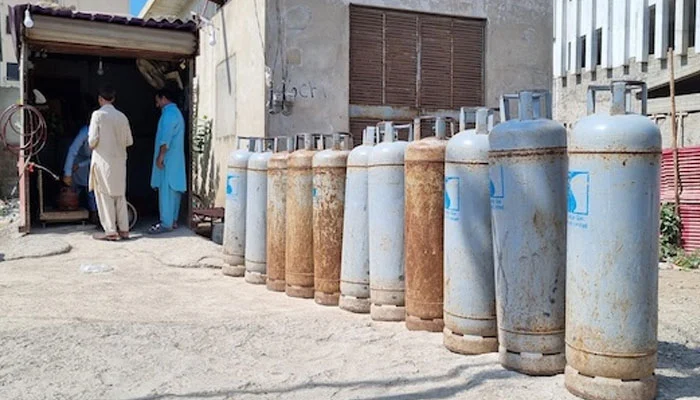The Iran-Pakistan Pipeline has once again come under scrutiny due to Iranian President Ebrahim Raisi’s visit to Pakistan. According to experts, the two main concerns he has and would want to discuss with President Asif Ali Zardari are border security and the gas project.
The chairman of the Pakistan-China Institute in Islamabad, Senator Mushaid Hussain Sayed, noted that the Middle East situation and the rise of terrorism from Afghanistan, which shares borders with both Pakistan and Iran, were the reasons behind the visit’s “most troubling timing for the region.”
Zardari will find it difficult to discuss the gas pipeline, but since over 240 million Pakistanis depend on this fuel for their survival, the ruling class must find a solution.
Gas is now more necessary in Pakistan for industrial, commercial, and residential uses than it is for power generation, according to energy specialist Vaqar Zakaria, who leads the Islamabad-based environment consulting firm Hagler Bailley Pakistan.
Leading expert in sustainable development, Abid Suleri, who is in charge of the Sustainable Development Policy Institute in Islamabad, concurred that “domestic consumers will be the immediate beneficiaries from the Iranian gas supply.” He added that if the industry has a consistent supply of this gas, the economy of the nation will grow significantly.
When talks of importing gas from Iran through an Iran-Pakistan gas pipeline initially began, about 25 years ago in the 1990s, Zakaria was involved in the negotiations because “our gas reserves were fast depleting because we were using up this finite resource as if there was no more gas.”






